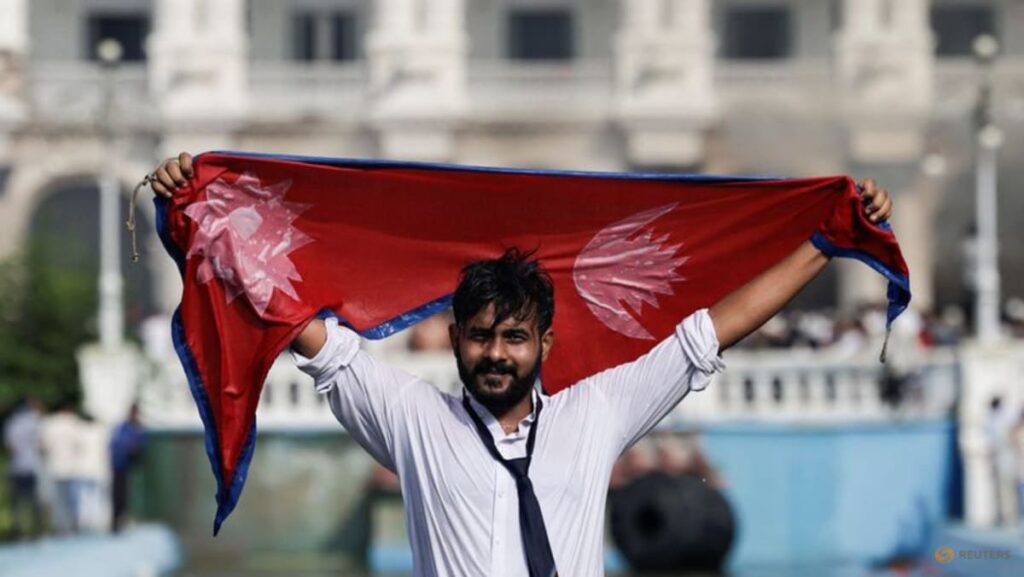At the same time, her transitional government has set an ambitious target of holding elections by early March 2026.
It’s not as simple as calling for elections. Reforms will be needed to ensure electoral fairness and transparency, an effective anti-corruption mechanism, digital transparency and other requirements for any resulting elected government to have credibility.
All this may slightly delay the process, as seen in Bangladesh which took a year to unveil its roadmap of reforms before confirming an election date seven more months down the road.
Therefore, it will be important that Ms Karki maintains transparency in case the elections are delayed.
ONLY THE FIRST CHALLENGE
Still, elections in Nepal will be just the beginning of its next chapter.
Traditional political parties and their ageing leaders still have staying power. For one-man-show parties like KP Oli-led Communist Party of Nepal-UML and Pushpa Kamal Dahal (alias Prachanda)-led Maoist Centre, it will be challenging to let younger leadership take over. Even if younger candidates are fielded this time, there is no guarantee that they will have full access to power.
Therefore, democratisation of the political parties will be key. Again, it is about ensuring accountability and transparency to further strengthen the legitimacy of government.
https://www.channelnewsasia.com/commentary/nepal-protests-gen-z-election-sri-lanka-bangladesh-5396271


